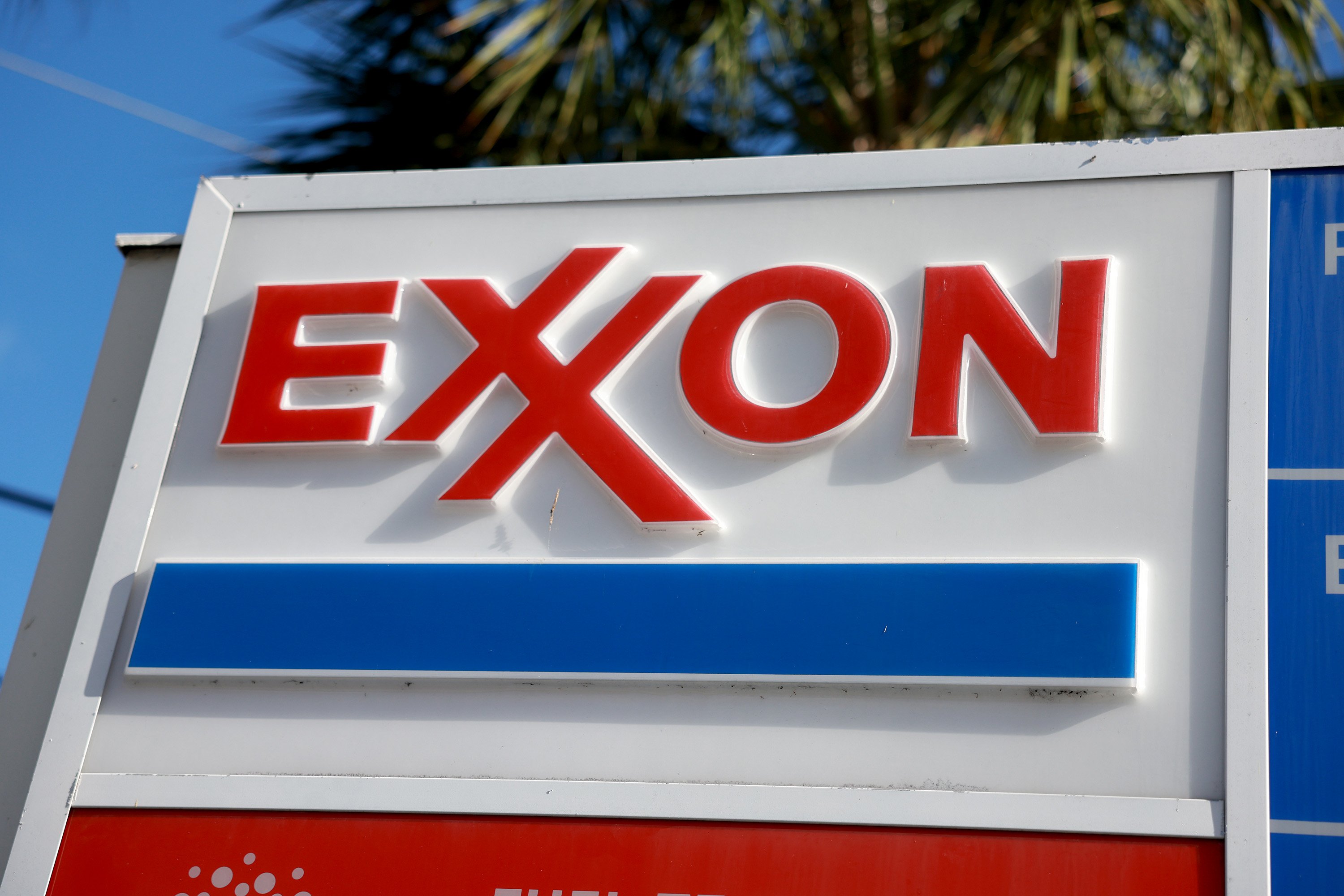Finding stocks with dividends that yield more than 5% is easy. Finding a large, established company whose stock yields more than 5% is something entirely different.
Here are four leading oil and gas dividend stocks to buy right now that each yield over 5%.

Image source: Getty Images.
2 oil majors
Based on their current share prices, U.S.-based oil majors Chevron (CVX +0.06%) and ExxonMobil (XOM +0.59%) offer investors annual yields of 6% and 8.3%, respectively. And even in the face of lower oil prices, both have assured investors that their dividend remains a priority, and they are taking steps to save money.
Chevron has plans to cut its 2020 spending by another $2 billion, to just $14 billion, well below the $20 billion it initially estimated it would spend this year. For context, Chevon's capital and exploratory expenditures were $21 billion in 2019, $20.1 billion in 2018, and $18.8 billion in 2017 -- all of which were vast improvements from the $40 billion it laid out in 2014. Chevron has also suspended its $5 billion share buyback program.
ExxonMobil has taken a similar course of action, cutting its planned 2020 capital investments from $33 billion to $23 billion -- something of a surprise considering management's bullish rhetoric during the company's investor day presentation in March. However, a steep spending cut is probably a good decision if ExxonMobil wants to keep paying out $15 billion annually in dividends.
CVX Dividend Yield data by YCharts
Exxon and Chevron will struggle if oil and gas prices remain low, but both companies have taken the necessary steps to ensure investors that their dividends are affordable. Buying Chevron or Exxon is one of the safer ways to invest in energy considering both companies have diverse exposure to different parts of the oil and gas business. Like any oil and gas company, the main risk over the long term would be prolonged low oil and gas prices, but the actions of Chevron and Exxon during what is one of the most challenging crises in years speaks volumes about how committed each company is to ensuring its dividend is reliable.
2 pipeline majors
Shares of Canadian oil and gas pipeline giant Enbridge (ENB +1.67%) and its U.S. peer Kinder Morgan (KMI +2.01%) currently yield 7.5% and 7.3%, respectively. Both operate in the midstream sector, which has historically been a less volatile part of the energy industry than the drilling, exploration, and production segment -- i.e., the upstream side.
For example, both companies get over 90% of their free cash flow (FCF) from steady, reliable sources. Contracts to transport oil and natural gas products are signed years in advance, so the companies' earnings thus far in 2020 have only taken minor hits.
Enbridge reported a strong second quarter on July 29, with results largely similar to the same quarter last year. The company reaffirmed its expected distributable cash flow (DCF) of CA$4.50 to CA$4.80 ($3.36 to $3.58) per share; that's about 1.5 times its annual dividend of $2.41 per share, so the payout is covered by a comfortable margin.
Kinder Morgan recently announced that it was scaling back expansion spending by 30% so that it could focus on improving its balance sheet and covering its dividend. And the company's second-quarter report proved that it too is faring well even amid the current challenging conditions in the energy market. It forecasts that its DCF will decline by just 11%, down to $4.44 billion, in 2020, which would be nearly double its expected dividend payments of $2.4 billion. Even in the second quarter -- which could be the most challenging of the year -- Kinder Morgan generated just over $1 billion in DCF and paid $600 million in dividends.
Both Enbridge and Kinder Morgan are earning and expect to earn DCF well in excess of their dividend obligations -- a testament to their reliable and predictable sources of cash flow.
Some risks to consider
All four stocks on this list have heavily underperformed the S&P 500 index over the past five years, in part due to lower oil and natural gas prices and negative sentiment toward the industry.
There is evidence to suggest that oil and gas will stay relevant for decades to come, but a decline in demand will hurt all of these companies. For Chevron and Exxon, it will make it harder to justify large capital expenditures toward new projects, which would lead to less growth. Enbridge and Kinder Morgan have their fee-based contracts in place, but if volumes go down over time because people are using less oil and gas -- or a wide range of factors make it uneconomical to produce over the long term -- then existing infrastructure and new projects could become less valuable.
Add it all up, and there's some serious risk with investing in these four companies -- the reward being dividends that yield considerably more than the 2% or so average yield in the S&P 500. Compared to other companies that yield in the 6% to 8% range, I would argue that these four companies have a worthwhile risk/reward profile given that the stock prices are lower than usual, all four companies have pledged devotion to their dividend payments, and all four companies are industry leaders.
A worthy quartet
Among the many benefits Chevron and ExxonMobil enjoy due to their enormous size is that they have the ability to make massive spending cuts without derailing their businesses -- flexibility that in turn allows them to readily pay their dividends even in less-than-ideal condition. Meanwhile, Enbridge and Kinder Morgan are a nice pair of stodgy pipeline stocks that are focused on maintaining their financial health rather than on growth, which is perfect for income investors looking for predictable annual returns. Together, these four companies provide a worthy quartet of stocks that today yield an average of 7.3% -- making them ideal choices for investors willing to accept a little more risk for a little more reward.











